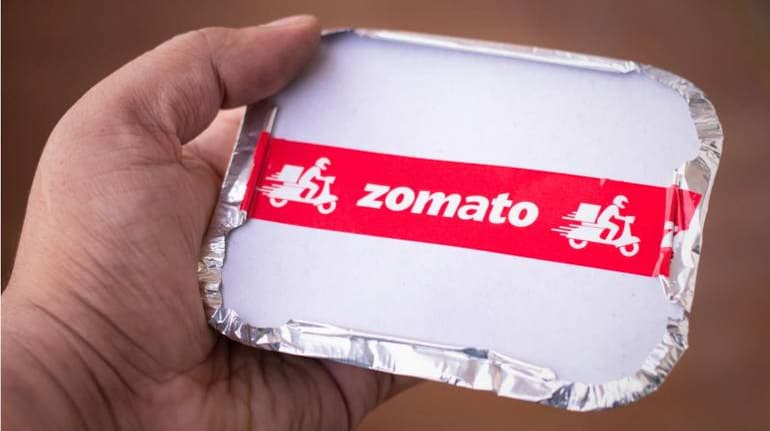



Taxation experts say that Gurugram-based food delivery service Zomato might have to fight litigation for three to five years as it has said that it "strongly believes" it is not liable to pay any goods and services tax (GST) on delivery charges since the amount is collected on "behalf of delivery partners."
“Tax disputes usually take considerable time to be resolved. The courts are still hearing matters pertaining to service tax and excise (predecessors of GST). So we can expect this issue to take at least three to five years to be resolved,” said Ankit Jain, Partner, Ved Jain & Associates, a tax consultancy.
In November 2023, it was reported that the Directorate General of GST Intelligence (DGGI) had issued a demand notice to Zomato and rival Swiggy, asking them to clear pending tax dues of Rs 400 crore and 350 crore, respectively. The GST demand was calculated based on the delivery fees the two companies collect on each order.
The DGGI said that food delivery is a service and, therefore, Zomato and Swiggy are liable to pay GST on their services at a rate of 18 percent. The industry view, however, was that the two companies are mere platforms and they only collect the delivery fee on behalf of gig workers, to whom the entire amount is transferred. Hence, the tax burden falls on the workers and not on Zomato or Swiggy.
However, since the annual income of a gig worker is below the Rs 20 lakh threshold, they are exempted from GST.
On December 27, 2023, Zomato, in an exchange filing, disputed the tax demand.
Kamal Agrawal, Senior Advisor in the law firm Singhania & Co, said, “These cases involve substantial questions of law and large amounts of revenue are involved. Therefore, these cases are not likely to get settled at lower levels (of the judiciary). Most likely, these cases would go right up to the Supreme Court and may take three to five years, or even more.“
What are Zomato’s options?
At present, there is no out-of-court settlement or alternative dispute resolution mechanism for cases under GST laws, like there is in income tax law. Since Zomato has been served with a show cause notice, they can either contest it before the adjudicating authority for GST, or challenge it in a high court by filing a writ petition.
“At present, there is no settlement commission in GST, and hence, both taxpayers and the revenue department would have to fight it out in the courts. The only other option is to cough up the GST and interest demanded and pay a lower penalty. This approach appears unlikely as Zomato has already stated that no GST is payable. This implies that Zomato and Swiggy are likely to fight it out in the courts,” said Agarwal.
“Now that Zomato has disputed the show cause notice, they will have to make their case before the GST department as to why the transactions in question are not subject to GST. If they are able to convince the officers, the matter ends there,” said Pallav Pradyumn Narang, Partner, CNK & Associates, a tax advisory firm (added).
According to Narang, if the tax demand is upheld by the adjudicating officer, they will be issued a demand order. A demand order has to be challenged at the appellate authority under the GST act.
“In case coercive measures (such as attachment of property against demand) are used by the department, the companies can approach the high courts for interim relief,” Narang added.
Experts said that the food delivery firms could also file a representation before the government as there is ambiguity in the GST law about taxation on delivery charges.
Nishant Shah, Partner, Economic Laws Practice, said: “One of the options available to the e-commerce operators is filing a representation before the government, requesting it to issue a clarification in this regard. The Central GST Act, 2017, has provided special powers under section 9 (5) for the government to require e-commerce operators to collect tax on intra-state supplies that have been made through their platforms. Notifications have been issued under this section in relation to various services such as restaurants, cabs, etc. However, no notification in this regard has been issued for delivery services.”
Discover the latest Business News, Sensex, and Nifty updates. Obtain Personal Finance insights, tax queries, and expert opinions on Moneycontrol or download the Moneycontrol App to stay updated!
Find the best of Al News in one place, specially curated for you every weekend.
Stay on top of the latest tech trends and biggest startup news.